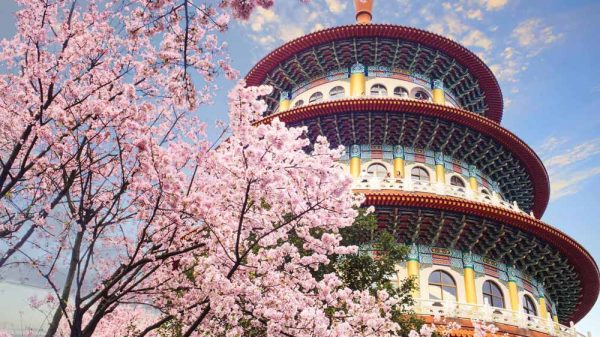Russia is hosting the latest BRICS summit, signaling a strong push for a “new world order” that challenges Western dominance. The summit, featuring Brazil, Russia, India, China, and South Africa, underscores the group’s evolution from an economic coalition to a significant geopolitical force.
Expansion and Influence
The BRICS coalition has recently expanded to include Egypt, Ethiopia, Iran, and the United Arab Emirates, reflecting its growing global appeal. Russia aims to strengthen ties with the “Global South,” contrasting the traditional Western-led “Global North.”
Putin’s Agenda
Russian President Vladimir Putin is leveraging the summit to showcase Russia’s resilience despite economic sanctions and geopolitical isolation. He envisions BRICS as a key driver of global economic growth, emphasizing economic sovereignty and reduced Western influence.
Key Discussions and Developments
The summit’s theme, “strengthening multilateralism for just global development and security,” sets the stage for discussions on political, economic, and cultural cooperation. Notably, the ongoing conflict in Ukraine is not officially on the agenda, although participants may address it at their discretion.
Strategic Partnerships
Putin is expected to meet with several global leaders, including India’s Prime Minister Narendra Modi and China’s President Xi Jinping. A potential “Comprehensive Strategic Partnership” with Iran could further deepen military and defense cooperation.
Future Prospects
The expansion to a “BRICS+” format aims to enhance the group’s geopolitical and economic clout. While the extent of its challenge to Western dominance remains uncertain, increased cooperation among member states is likely.









